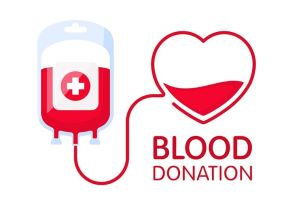March 12, 2024
The Community Health Corner

The National Extension Framework for Health Equity and Well-being recommends using community development strategies and health literacy programs to ensure that everyone has a fair and just opportunity to be as healthy as possible. The following resources help us improve well-being for all, and achieve Healthy Kansas 2030 and Healthy People 2030 objectives.
Kansas Health Professional Shortages: Each year, HRSA’s Bureau of Health Workforce publishes a list of Health Professional Shortage Areas (HPSAs) – which can be geographic areas, populations, or facilities – that have a shortage of primary, dental, or mental health care providers. The designations are used to determine eligibility for federal programs that support the health workforce, such as the National Health Service Corps, as well as safety net programs such as HRSA’s Health Centers and CMS’s Rural Health Clinics. You’ll find the most recent information about health profession shortages across Kansas on this interactive map and list (select for Kansas) that is maintained by the Office of Rural Health at KDHE.
SDOH in Rural Communities: Register now for the April 30 (10:30am-11:30am) webinar “Addressing SDOH in Rural Kansas Communities.” SDOH (social determinants of health) are factors in neighborhoods, communities and regions that impact the health and well-being of individuals, families, businesses and communities. SDOHs influence how the lack of providers along with access barriers result in people being sicker, less productive and more isolated. Register here for the webinar that is being sponsored by the Kansas Healthcare Collaborative and KFMC.
Dire Blood Shortages: On January 7, the Red Cross declared an emergency blood shortage as donations reached a 20-year low and the number of donors has fallen by about 40%. Severe winter weather and seasonal illnesses have compounded the issue, canceling blood drives across the country. Although 65% of Americans are eligible to donate blood, only 3% do so. In most cases, individuals are qualified to donate if they are healthy, are at least 16 years old (in most states), and weigh at least 110 pounds. All donors, regardless of sexual orientation or gender, take the same questionnaire to assess risk of transfusion-transmitted HIV. To find out where to donate, visit redcrossblood.org. Donate by March 24 and receive a $10 gift card from the American Red Cross!
For more information, contact Elaine Johannes, ejohanne@ksu.edu; and Stephanie Gutierrez, smgutier@k-state.edu